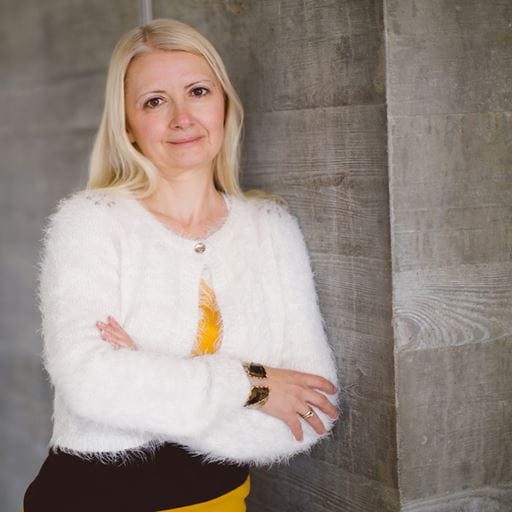Brazil partnership to improve science careers for women
-
Date
Mon 17 Jan 22

Improving opportunities and support for women in science careers is the aim of a new partnership between the University of Essex and two Brazilian universities.
Essex’s School of Computer Science and Electronic Engineering has successfully secured British Council funding for the Women in Science: UK-Brazil Gender Equality Partnership – a one-year project dedicated to helping women in STEM (science, technology, engineering and maths) careers.
The partnership will be based on the Athena Swan principles, which are used across the globe to support and transform gender equality within higher education (HE) and research. The University currently has an institutional Athena Swan Bronze Award and is working towards a 2023 Silver award. Of Essex’s 18 eligible departments and schools, ten hold a Bronze award and three hold a Silver award.
Underpinned by Essex’s experience with Athena Swan, the University will work with partners Instituto Tecnológico de Aeronáutica (ITA) and Universidade Federal de São Paulo (UNIFESP) in Brazil to put in place initiatives to inspire, attract, and retain women in computer science (CS) and engineering and the project aims to act as a catalyst for change at an institutional level.
Essex’s Executive Dean for the Faculty of Science and Health Professor Maria Fasli, who will lead the project, said: “As one of the most international universities in the UK, we are committed to promoting a positive and inclusive environment for all of our students and staff.
“We are dedicated to helping women progress in our tech-dominated world and are delighted to have developed this new project with Instituto Tecnológico de Aeronáutica (ITA) and Universidade Federal de São Paulo (UNIFESP), who have already demonstrated their commitment to increasing women in STEM.”
Since the introduction of Athena Swan, Essex has initiated several institutional changes including closing its gender pay gap at professorial level and having accessible and inclusive family leave and flexible working policies. In 2020 Essex also created a set of policies which focused on building understanding of menopause, miscarriage, stillbirth and infertility.
UNIFESP is strongly committed to the promotion of a culture of equality, inclusivity and diversity and accord to the latest THE World Rankings According is among the top ten universities in tackling gender equality in the world. ITA launched its game-changing Project STEM2D-ITA (Go Girls) in 2015, providing a solid base to build upon achieving gender equality within the institution.
The British Council funded project will focus on three group of activities:
-
Focused workshops and sessions to enable knowledge exchange between Essex and the Brazilian partners on creating policies and processes underpinned by Athena Swan principles in support of women’s career progression.
-
Keynote sessions delivered by Essex staff, including mentoring, scientific and career-building talks, and round table discussions as part of two events to take place in Brazil.
-
Support the development of materials on career progression and planning specifically for women in CS and engineering which will also be used as the basis to engage with younger students in schools in Brazil to promote careers in STEM subjects.
Essex and ITA also recently signed a Memorandum of Understanding during a recent research visit by Professor Fasli to the institution last month in order to support collaborative activities on research, education and knowledge exchange. This project will enable the development of the partnership further and will support knowledge exchange between the two partners.
.jpg?mh=500&mw=500&hash=6568B6C9CCF5290A596BEF6678B6AD0E)



